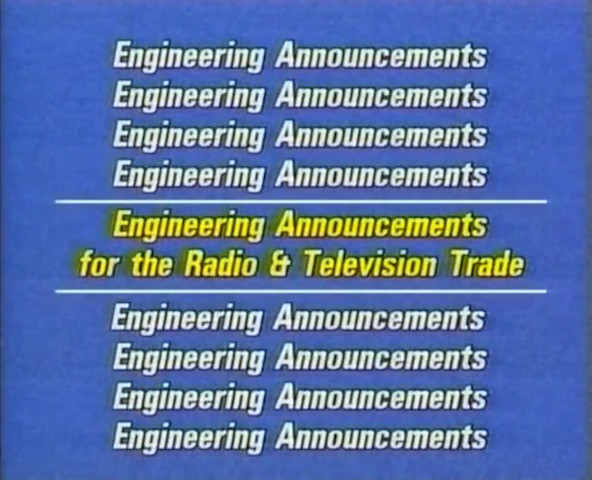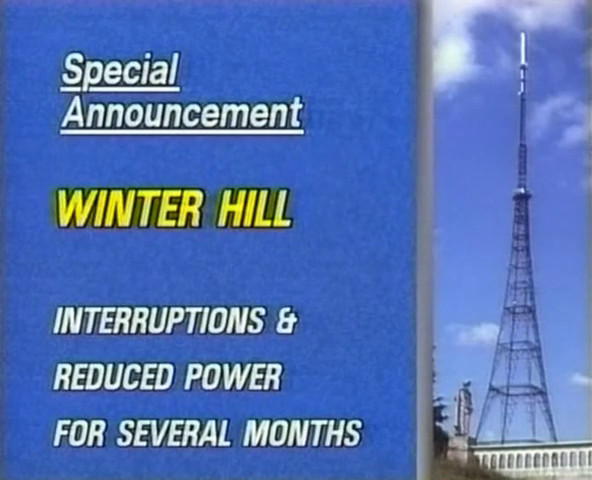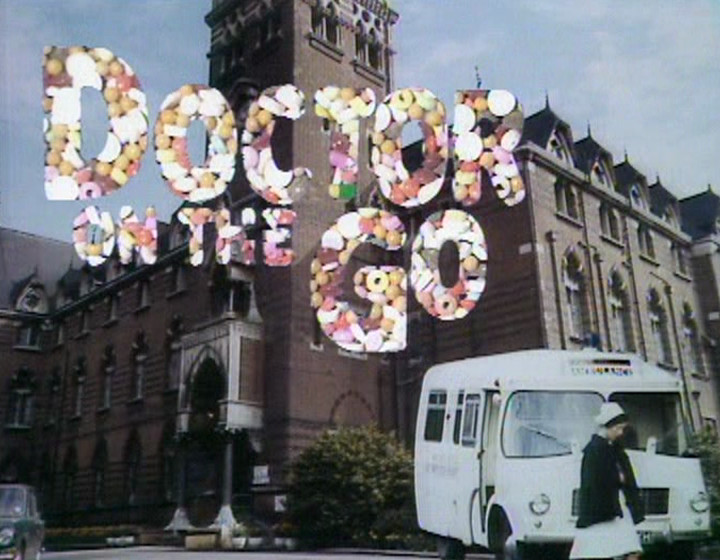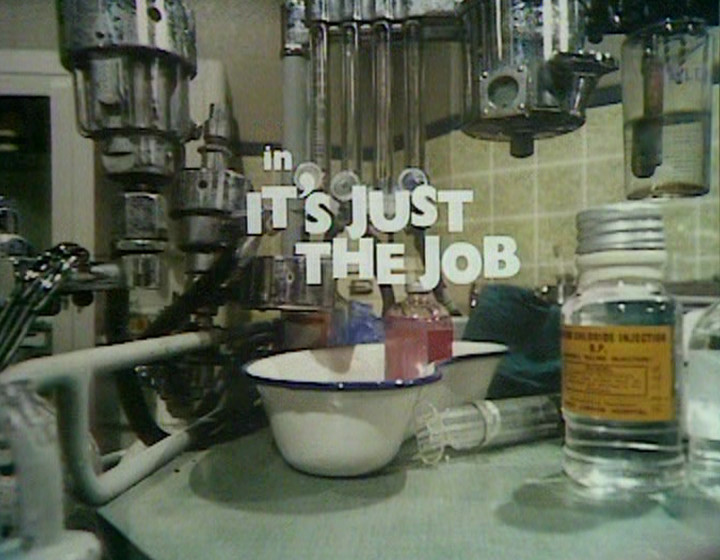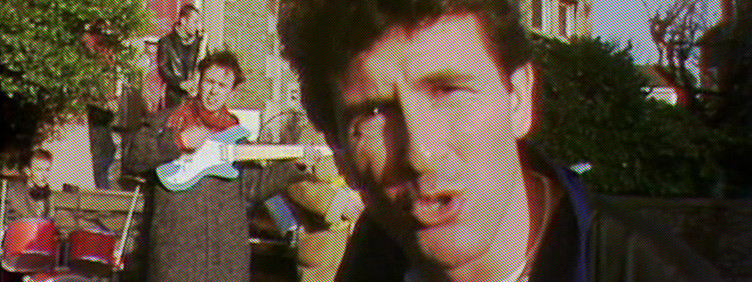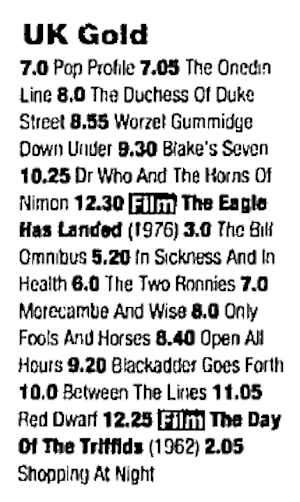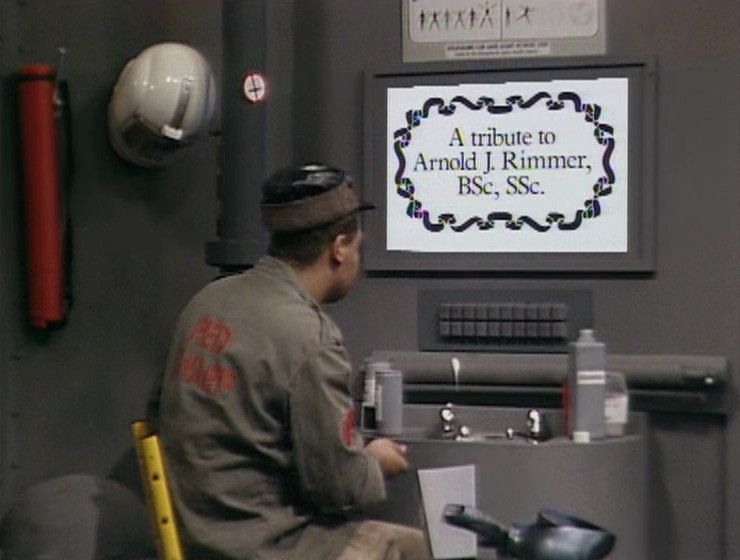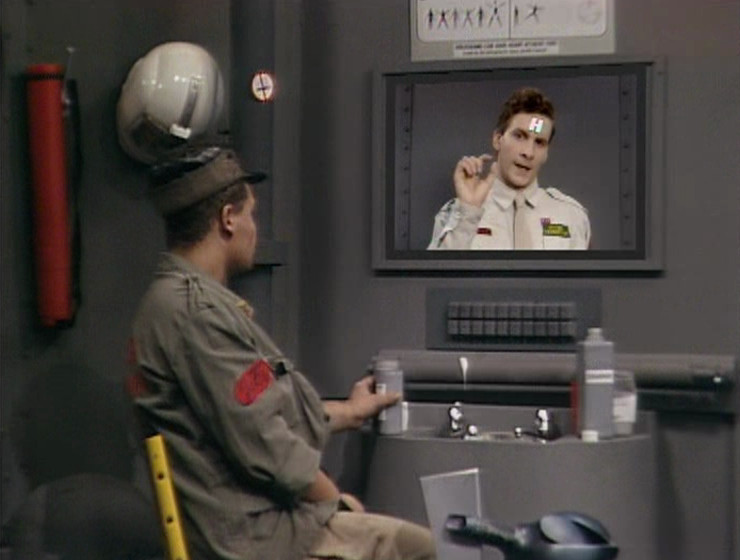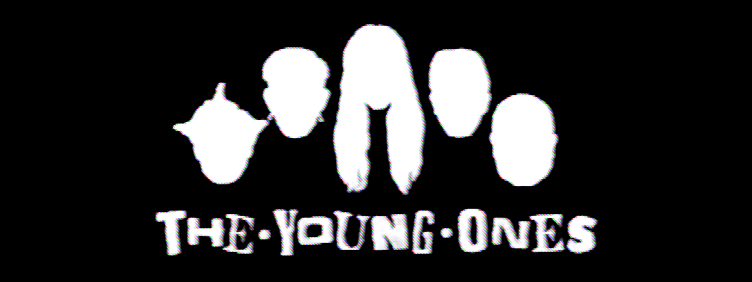
It’s the 6th February 1984 in studio TC4, and Rik Mayall is having a circular saw aimed at his knackers.
I write a lot about comedy on here. Sometimes I write some very silly things about comedy indeed. Take, for instance, this analysis of one of the main sets in Blackadder Goes Forth, and how it showed up in various forms throughout the series. You have to have a certain kind of mind to find that interesting, and admittedly, part of it is a pure puzzle box mentality: “What bit goes where?”
But there is also something a little deeper going on there. For all the careful explanations of what writers were hoping to achieve with their work – which for the avoidance of doubt, is something I’m also extremely interested in – what I really want to be able to do is transport myself back, and be present in the room where the comedy was actually made. I get obsessed with wanting to know how a room felt, either in the writing, or in the shooting. Trying to figure out what piece of wood went where while recording a sitcom is an attempt at nothing less than time travel, however ludicrous that sounds.
Which is where your good old fashioned studio recording tapes come in. Whether it’s just clips in documentaries, longer extracts released as DVD extras, or bootlegs passed quietly around as though we’re all crack dealers, there’s nothing quite seeing the raw footage of how a show is made to get a sense of how things felt. An incomplete sense, of course. Nothing can quite replace a real time machine. But it’s something.
All of which preamble is leading up to this glorious video on YouTube. Two hours of raw studio recordings of The Young Ones, precisely none of which is officially sanctioned for release, and precisely all of which is fascinating.
Let’s be very clear about what the above footage represents. Each episode of The Young Ones – unusually for a sitcom of the era – had two days in the studio. These consisted of a pre-record day for the complicated technical bits, without an audience, followed by an audience record the very next day. The above footage is the bulk of the pre-record days for the episodes “Nasty” and “Cash”. The fact that these are the pre-record days explains the lack of audience laughter on the footage, something a few people in the YouTube comments are a little confused by. An edited version of this material would have been shown to the audience the next day on the studio monitors, along with recording the rest of the show in front of them, in order to get the laughs.
Not that what we are seeing is the edited footage that the audience would have seen, either. This is the complete – or near-complete – recording of the day, featuring multiple takes of the material. In short: this really is as close as we can get to skulking around in the studio for the day, silently watching as the team shoot one of the best sitcoms ever made. We even know exactly when everything occurs; the timecode at the bottom of the screen is literally the time of the recording.
There is no substitute for simply watching the video embedded above. But I thought it might be useful to write some notes to go alongside it. Here then, are some observations on the first half of the video, covering the pre-record day for “Nasty”. In particular, I’ve tried to identify any part of the script which don’t make it into the final edit, along with which of the multiple takes were actually used in the finished show.
Enjoy.

